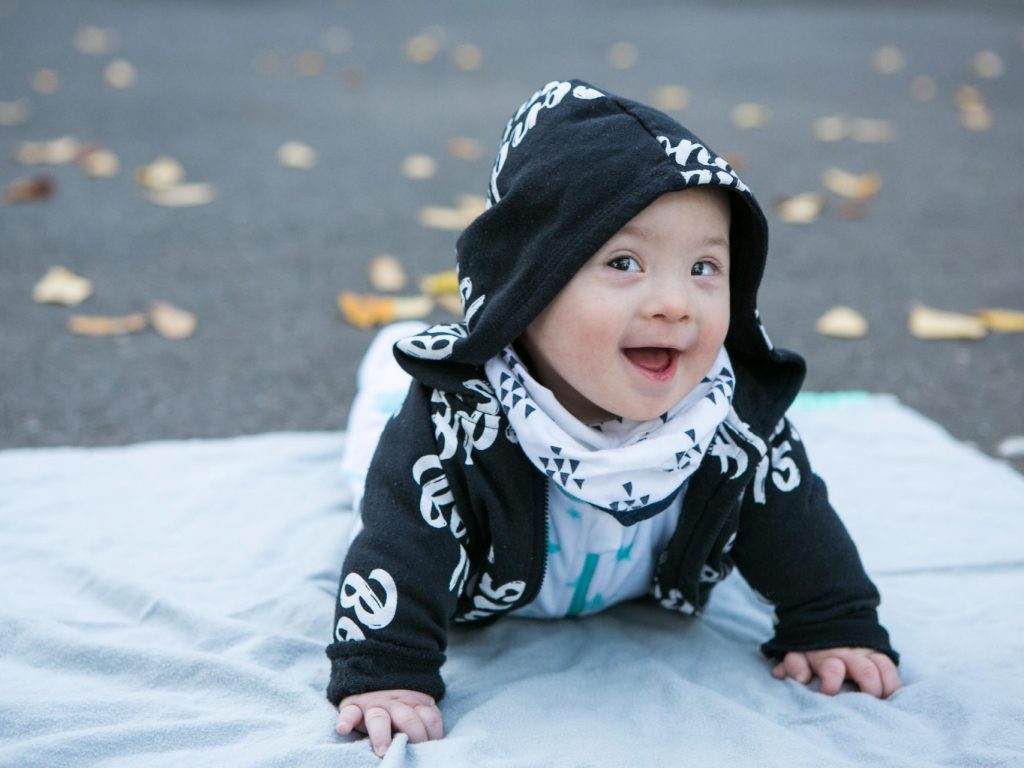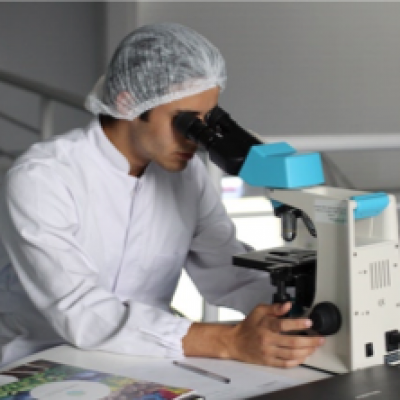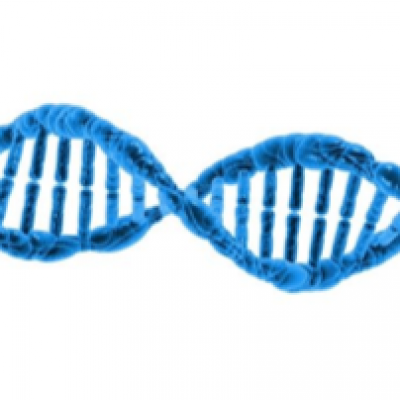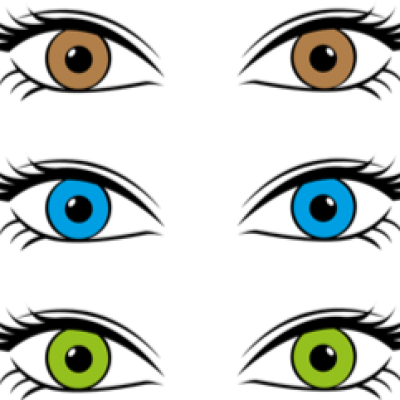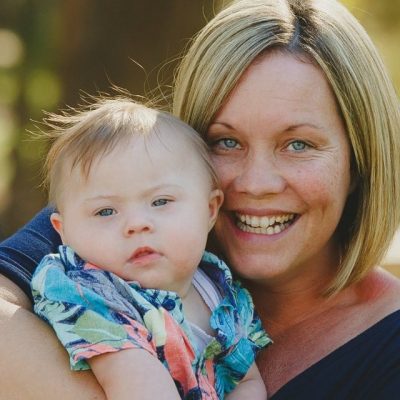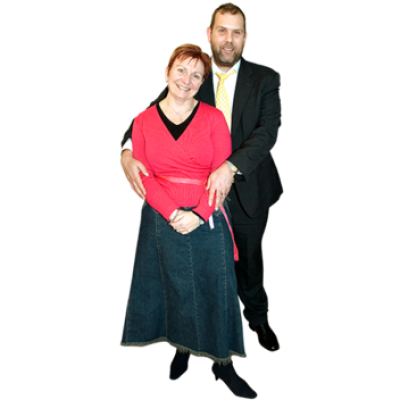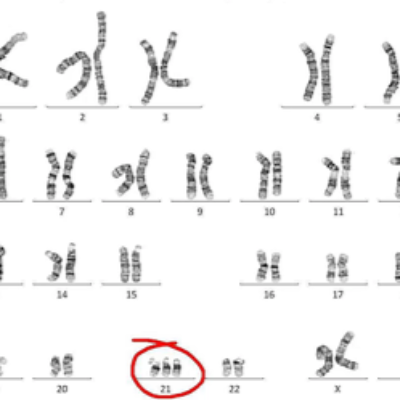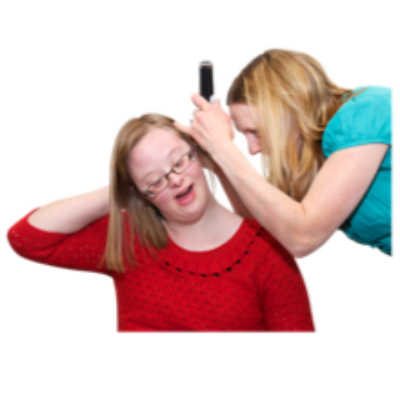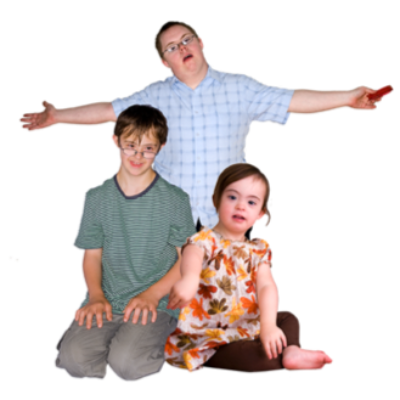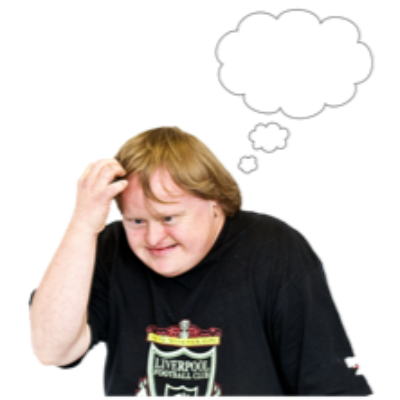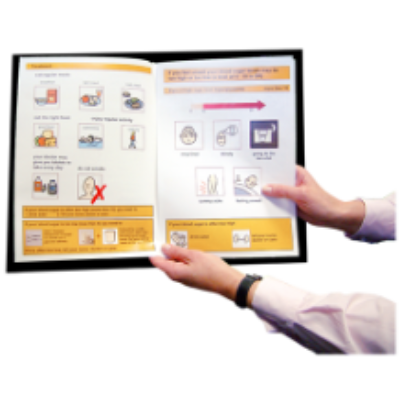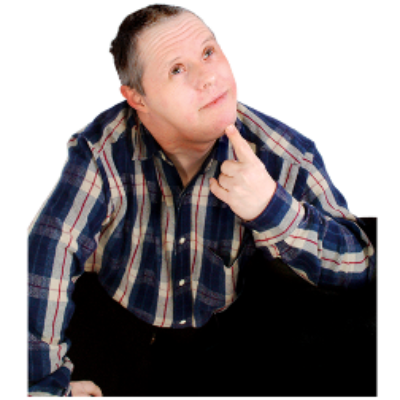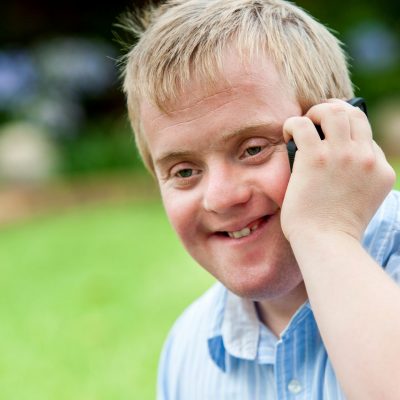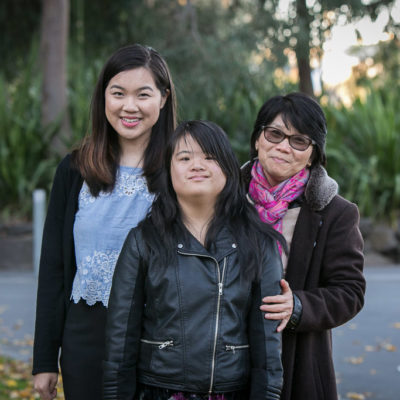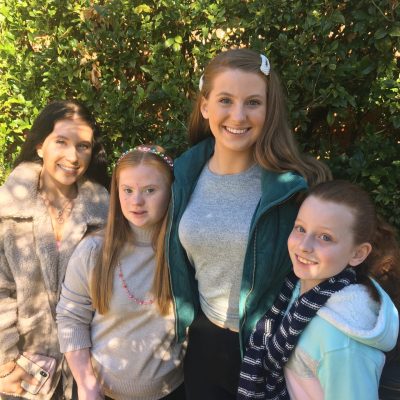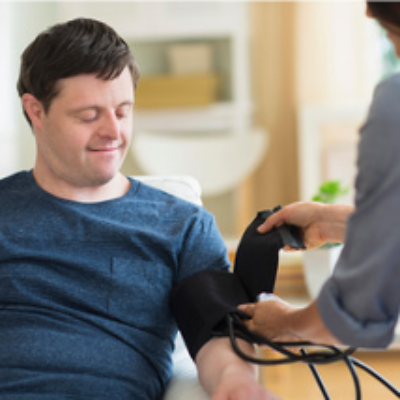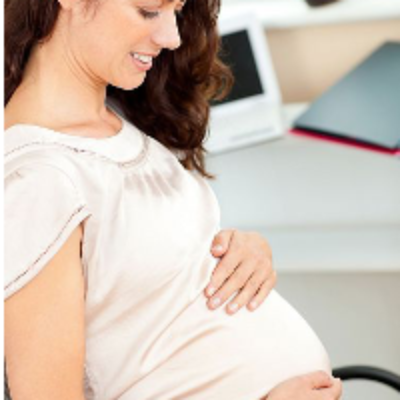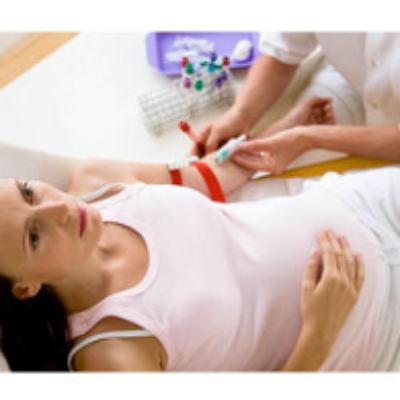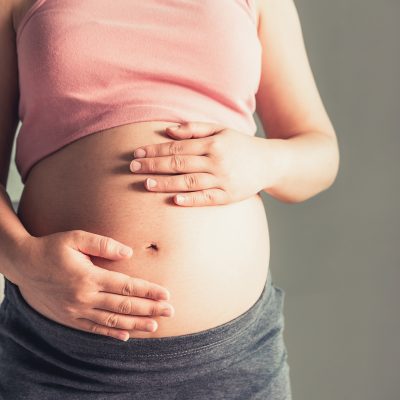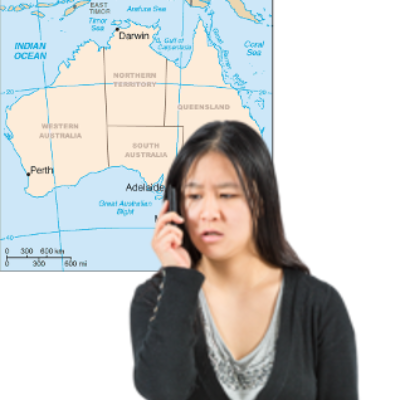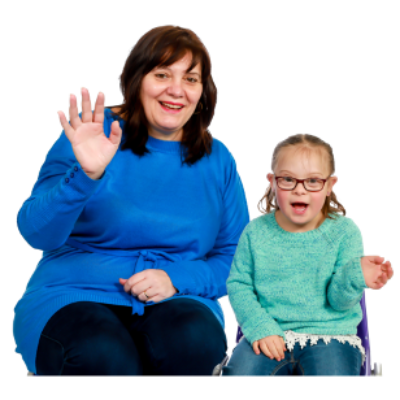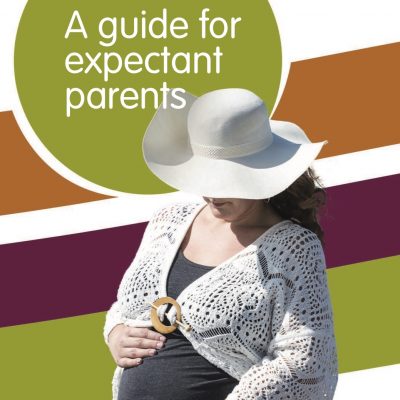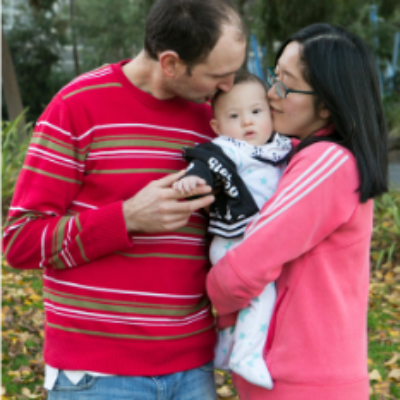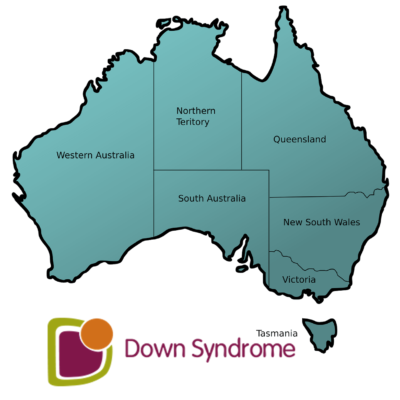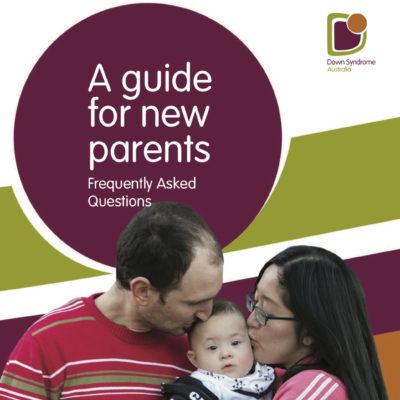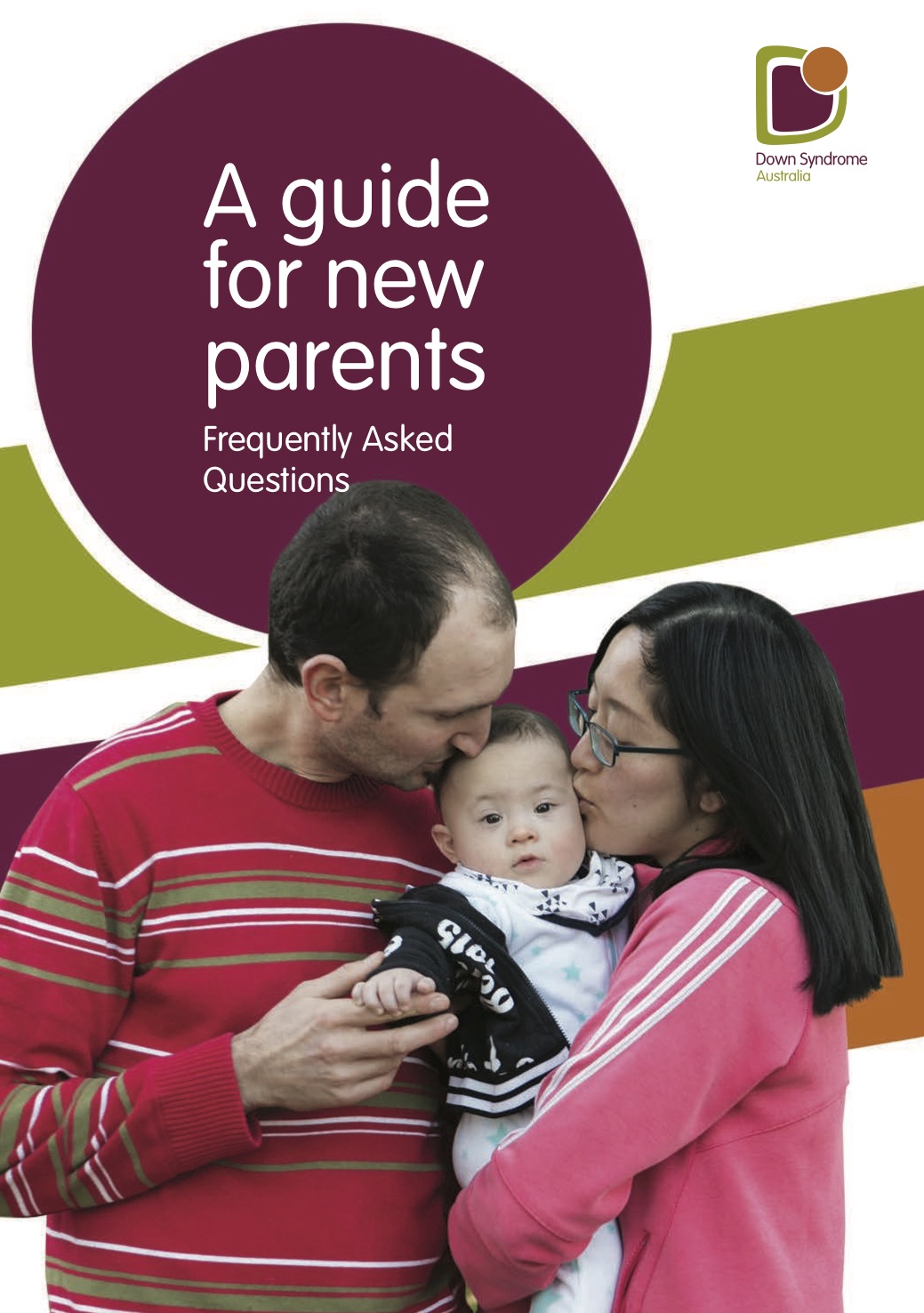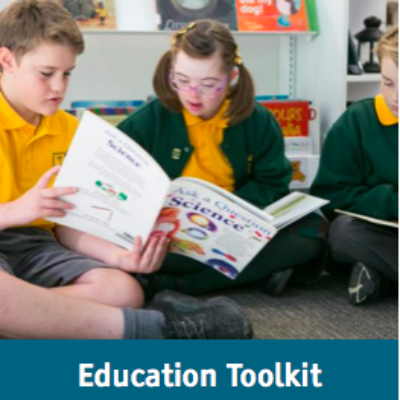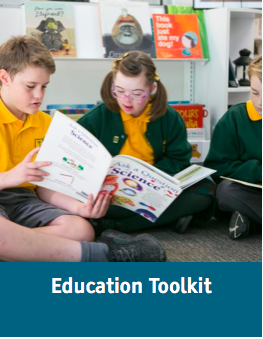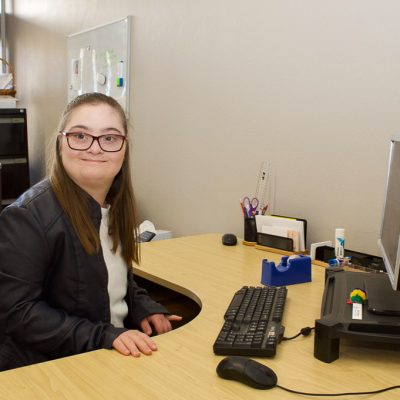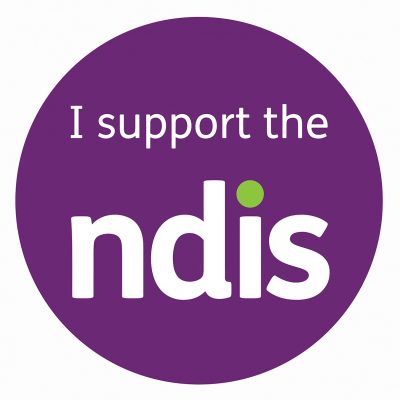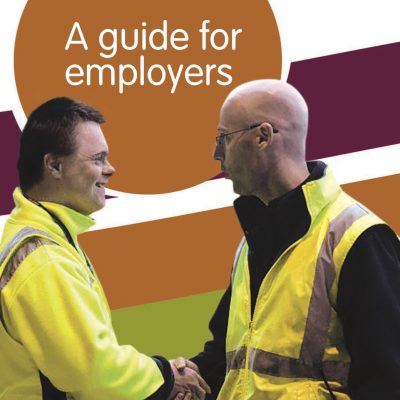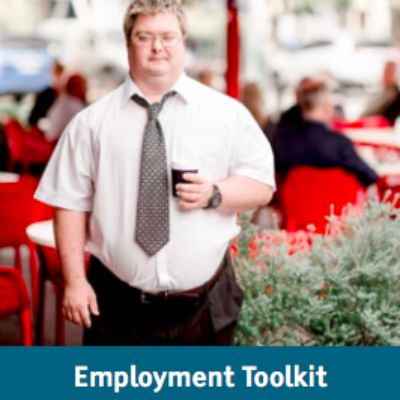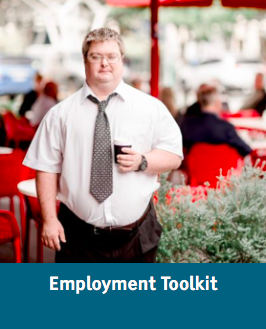Every person with Down syndrome is an individual. Just like everyone else they will have different things they are good at and other things that they find harder.
Down syndrome occurs at conception. People from all different backgrounds and ages have children with Down syndrome.
Our bodies are made up of trillions of cells. In each cell there are tiny structures called chromosomes. The DNA in our chromosomes determines how we develop. Most people have 23 pairs of chromosomes in each of their cells (46 in total). People with Down syndrome have 47 chromosomes in their cells. They have an extra chromosome 21, which is why Down syndrome is also sometimes known as trisomy 21.
People with Down syndrome may have:
- areas of strengths and other areas where they need more support, just like everyone else in the community
- some level of intellectual disability
- some characteristic physical features
- increased risk of some health conditions (many of which are treatable)
- some developmental delays.
Down syndrome is a genetic condition, not an illness or disease. It is nobody’s fault. There is no cure and it does not go away.
Find out more in our fact sheet and video.
How is Down syndrome diagnosed?
Screening for Down syndrome can be carried out before a baby is born. If Down syndrome is not diagnosed before the child is born, doctors will usually identify a baby as having some features which are common to Down syndrome. This can be confirmed by a blood test.
What is it like to have Down syndrome?
Everyone who has Down syndrome will have some level of intellectual disability. There will be some delay in development and some level of learning difficulty. Every person with Down syndrome is different and has different skills and needs for support.
Most young people growing up with Down syndrome today go to school, get a job – just like everyone else.
People with Down syndrome are capable of living full, happy lives as valued members of their communities.
Find out more in “Living with Down syndrome”.

Prenatal information
The Down Syndrome Federation provides support and information for expecting parents. The national 1300 number (1300 881 935) will connect you to your local state or territory Down syndrome organisation. Staff at the organisation can provide you with non-directive information and answer questions. They can also arrange for you to talk to a parent of a child with Down syndrome.
We also have a prenatal fact sheet that has easy-to-understand, factual information if you are considering prenatal screening. This document is also helpful if you have received unexpected results.

New parents
Many new parents find it is helpful to connect with another parent who has been through a similar experience. The state and territory Down syndrome associations provide support, information and local linkages to other families. Personal visits to families at home or in metropolitan hospitals are often also available. New parent information packs are provided free to all new families and your local Down syndrome association will let you know about the next event in your area. You can find information and resources in our New Parents section.

Education
A quality education is vital for all children and an essential step on the pathway to adult life. There are a range of supports and resources for parents and educators to assist in the educational journey of students with Down syndrome.
You can find information and resources in our Education Resources section. State and territory associations can also provide education support services. You may want to contact your local association to find out about supports in your area. We also have a Community Inclusion Toolkit to support the inclusion of people with Down syndrome in education.

Employment
Employment can fulfil the need for people with Down syndrome to be productive, independent, and to participate in mainstream life. Some people with Down syndrome work full time while others have a mixture of activities during the week. Different work and support options are available within the national disability employment system. We recommend you get in touch with your local state or territory office for up-to-date information.
You can find information on Down Syndrome in the workplace for employers and employees in our Employment section. We also have a Community Inclusion Toolkit to support the inclusion of people with Down syndrome in the work force.

Health and Wellbeing
As recently as the 1950s, life expectancy for people with Down syndrome was as low as 15 years of age. In recent times, progress in medical and social sciences has improved the health and the quality of life enjoyed by people with Down syndrome. In Australia today, most people with Down syndrome will enjoy a long, happy and healthy life with an average life expectancy of 60.
There are some common health issues and some more serious medical conditions that are more likely to occur in people with Down syndrome than in other people. Regular health checks may be required for specific issues. Living a healthy lifestyle is important, including keeping fit and getting regular exercise. You can find more information about health and wellbeing in our health section.
Information and Support
You can call or email your local Down syndrome association for support and information.

